Helen Luty, Head of Customer Experience at Landmark Information Group, tells us about the journey her team embarked on to gain the ServiceMark accreditation and the impact it has had so far:
Helen Luty, Head of Customer Experience at Landmark Information Group, tells us about the journey her team embarked on to gain the ServiceMark accreditation and the impact it has had so far:
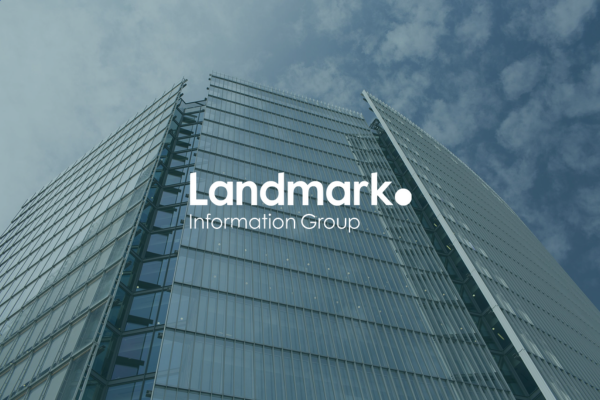
Sarah Hopgood, Operations Support Manager – Protections at Covéa Insurance discusses the impact that Business Benchmarking, ServCheck and ServiceMark accreditation have had.
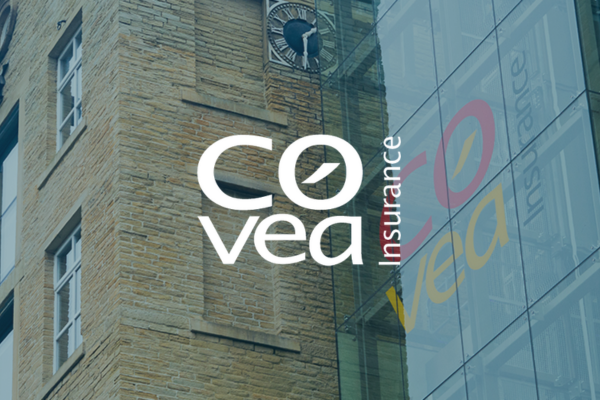
Jasmine Hilton, Regional Installations Manager at Wickes discusses the ServiceFocus suite of training and ServiceMark accreditation.
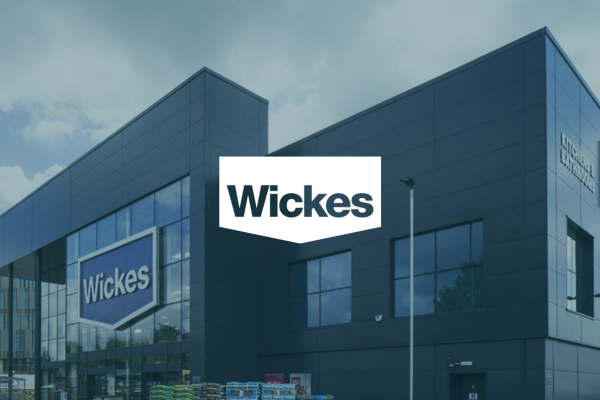
Colin Salmon, Contact Center Manager at the General Medical Council talks about their membership journey and achieving Service Mark accreditation with Distinction.

Mark Charlesworth, Contact Center Advisor at the General Medical Council discusses achieving Service Mark with Distinction.

Sarah-Jane McCausland, Customer Communications & Engagement Lead at Covéa Insurance discusses what it means to be a long-standing member of The Institute, the networking opportunities, and the impact of ServiceMark accreditation.

Watch Andy Pymer, Executive Director of Finance and Regulation at Wessex Water, highlight how membership and ServiceMark with Distinction helped them achieve a high rank in Ofwat’s Customer Measure of Experience and Developer Services Measure of Experience league tables.
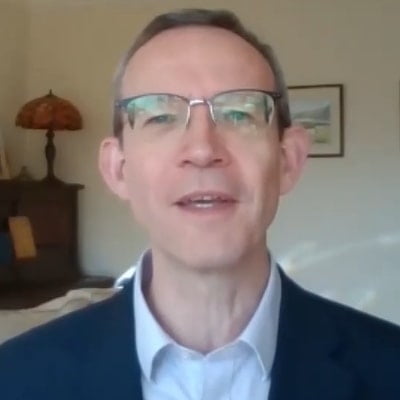
Watch Dean Anderson, Customer Experience Manager at Edinburgh Trams, share how ServiceMark and Professional Qualifications, among other membership benefits, have helped them consistently grow their customer base over the last 7 years, increase colleagues and customer satisfaction, reduce complaints handling and increase employee retention.

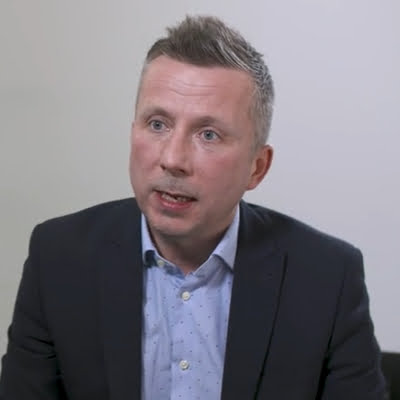
The group has been in business for over 50 years and the parent company is a French mutual insurance group, the largest French insurer in France, where 1 in 4 customers has a policy with Covea. In the UK, its operations are also extensive, employing over 1,600 staff with three main sites in Halifax, Reading and West Malling, in Kent. It offers a range of products including commercial, motor, life, high net worth, property and protection insurance. For motor insurance, it sells a lot of business through one of its subsidiary brands, Provident, which has begun to market its policies directly to consumers.
It was on the motor side that the company first established its relationship with The Institute of Customer Service, becoming members in 2010 and working towards ServiceMark accreditation in Motor Claims Operations – which it successfully achieved in 2013 and then regained accreditation in 2016. Setting up a home for customer service. Another part of the business that has well and truly embraced the customer service agenda is the home insurance claims department.
The organisation took the decision to bring its claims management in-house rather than running it through an external claims management company, and when Kelly Morris joined as Senior Home Claims Manager she had the brief to recruit, train and provide the tools for a new claims department. “I could see the value of the work the motor team was doing with The Institute,” Kelly says. “I needed to set up a new department and create a customer-centric culture and I could see that the ServCheck survey of staff that is part of ServiceMark sets exactly the right agenda. It really rang true. To achieve excellent customer service, you have to get it right internally first. It was about setting off on a journey to create the right culture. If you get the culture right, it breeds a customer-centric approach and ServCheck and ServiceMark became really important features of establishing the culture and ethos of our in-house home insurance claims department.”
The process worked out very well, with the home insurance team achieving ServiceMark accreditation in 2015, and becoming the only home claims department in the UK to achieve a distinction.
Indeed, since then the ServiceMark agenda has spread even further through the organisation, with the company’s personal lines department (including the sales and renewals teams as well as claims) recently beginning its work towards accreditation. This will be the biggest accreditation to date, as the entire personal lines team comprises over 500 staff – no small feat! “Ultimately, our aim is to get the whole of Covea in the UK accredited,” Kelly says. “It’s something we’re working towards. ServiceMark has support at Board level, with our Claims and Operations Director, Adrian Furness, being instrumental in driving it forward.”
So what have the benefits been of putting parts of the business through ServiceMark? For Kelly, there have been plenty of upsides. “Working towards accreditation has been beneficial on many levels. As more parts of the organisation have come on board, it has helped different departments work together and increased understanding between them. Staff have become very engaged and involved. It has also helped us look at how we work and make some important improvements to the way we deliver service to the customer. For example, in the home team we realised that we needed to take an even more proactive approach when managing a customer’s claim. So we now have a system where we contact the suppliers involved in a claim (for example, the company that is going to fix or replace a damaged item) and make sure everything is on track, before we have our regular call to the customer. That way, customer contact is not just ticking a box but becomes much more meaningful. It’s part of our ‘make every touch meaningful’ approach.” The benefits are evident in the statistics too. Before Covea insourced household claims, the home insurance team’s Net Promoter Score was 3.8. Now, it’s 58.8, a huge increase. Results have continued to improve. For example, in the first accreditation, the department’s customer survey score was 86.1, but this has risen to 90 at the latest interim survey. “Our journey with The Institute has definitely supported the improvement in our results and has been a real proof of concept for our very different approach to the industry standard,” Kelly says.
It’s not just about ServiceMark, though, with the organisation getting involved in a number of Institute events such as the annual conference and various roundtables. In fact, Covea hosted an Institute Member Forum at its offices in Halifax showcasing the journey they have been on at Covea and the link between employee engagement and customer satisfaction and loyalty.
Kelly says: “We were joined by approximately 30 other members, where The Institute also presented new research on the correlation on engagement and customer experience, and we also had time to run some workshops allowing groups from a variety of different types of organisation to share their ideas in relation to customer experience.
These practical examples are where we, as Covea, have always found the most benefit from attending other Institute events and roundtables. These events enable us to get an insight into how other businesses are approaching the customer service agenda, including companies from different sectors,” Kelly reflects. “It helps us break out of our insurance bubble. We are all striving to emulate customer service leaders such as Amazon and John Lewis to name just a couple, and to do that you’ve got to get a wider perspective.”
And what tips or guidance does Kelly have for other organisations that might be considering accreditation? “Make it fun!” she says. “It should be an enjoyable process as well as a challenging one. When we started our personal lines accreditation, we had green and white balloons in the office (after The Institute colours) and encouraged people to wear green and white to work. Secondly, make sure you act on the feedback you receive, from both staff and customers and keep your promises. You need to take a ‘you said/we did’ approach to show that you are listening and bring everyone on board. Finally, remember it’s a journey, it takes time to change or establish a new culture. It’s not something that happens over night, but it’s absolutely worth the effort.”
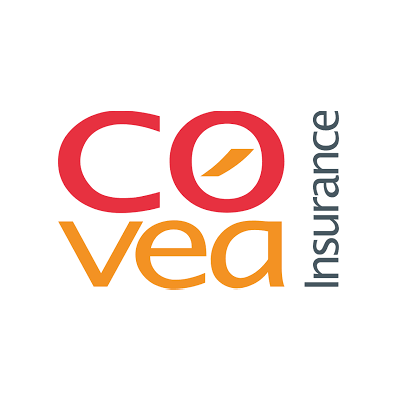
Helen Gorrell, Operations Director of Next Gear Capital explains how a customer service framework helped build an engaged workforce, drive up customer satisfaction, achieve accreditation and drive return on investment.
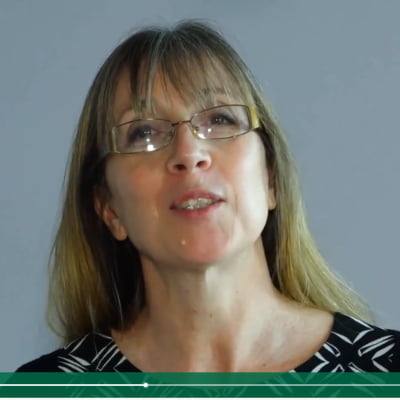
The Motability scheme is a vital service for people with severe disabilities through which individuals can use their government mobility allowance to lease a car, scooter or power chair. The scheme is run by the charity Motability and delivered operationally by Motability Operations. There are some 630,000 people with leases on the scheme, meaning that administrating it and ensuring excellent standards of service is a complex task. It involves a high degree of partnership working as the lease scheme offers a whole package of services including insurance, breakdown services, tyre replacement, service and maintenance, all delivered by different parties and covered by the customer’s single regular payment.
Motability Operations has around 900 staff, with some 200 based at a contact centre in Bristol. The centre receives well over a million calls a year and most of its interactions with customers are voice-based, although there is also a web chat facility.
Motability Operations prides itself on the high level of customer satisfaction that it consistently achieves, and indeed it was recently the highest scoring organisation across any sector in the Institute’s UK Customer Satisfaction Index (UKCSI). It has been a member of The Institute since 2011 and holds the ServiceMark accreditation. However, in recent times the organisation has recognised the need to move its services to a more digital platform. At present, customers cannot transact online with the company, any significant transaction or change is done by phone or face to face. Ian Goswell, Commercial Director at Motability Operations, explains: “We have some basic digital services but realised that we need to make a more substantial transition. This is not to replace or downgrade our voice services, but to provide an additional channel for our customers that they can choose to use if it suits them. This would also give us the opportunity to potentially offer new products and services that customers might find valuable, such as around car-sharing or a journey planning tool for example.”
However, as Ian explains, the organisation did not want to simply launch digital services for the sake of it. “The idea of the move to a digital platform causing any erosion in our service levels is completely unacceptable to us. So we’ve been absolutely clear from the outset the customer experience via digital channels must be identical to that of our voice-based services. And our voice-based services must maintain their existing quality. That’s been our ambition and guiding principle.”
It was while Ian and his team were contemplating putting the digital project in motion that a very timely event happened, The Institute’s Annual Conference, which takes place in March each year. At the 2016 conference, Ian was particularly struck by the presentations given by two speakers. “There was an excellent session from Tony Prestedge, Director & Group Chief Operating Officer, Nationwide Building Society who was talking on exactly the subject I was thinking about,” Ian says. “What really hit home in his speech was that he said Nationwide had always been determined to avoid the trap of ‘digital by default’, i.e forcing customers down the digital channel. Sometimes, this can be an excuse to reduce other frontline services. But for Nationwide, they made it a principle to let customers interact with the Society in the way they wanted to. So that was an important validation for me of how we had already been thinking.” The second presentation to leave its mark was given by the Head of Customer Service at Marks & Spencer, Jo Moran. “What stood out here was the extent to which customer satisfaction mattered and was analysed in the Boardroom,” Ian recalls. “The M&S Board had really taken it to another level. They clearly regarded it as a fundamental strategic driver. It has always been discussed in our Board meetings too, but Jo Moran’s presentation inspired me to make sure we gave it even more emphasis. The whole conference was a great event. It was really well compered by the BBC Breakfast presenter Naga Munchetty, she did a great job of talking to the presenters and drawing out more nuanced information.”
But it wasn’t just The Institute’s Annual Conference that proved useful to Ian and his team. “Being members of The Institute has helped us in several other ways. You get access to other organisations’ smart thinking about key issues and can look at what they have learned. Another thing that has been invaluable to us is exchange visits that we have arranged with other organisations who are also Institute members. For example, some of my team visited HSBC to learn from them about their web chat service, this was directly useful to us in setting up our own facility. Being members of The Institute means that you meet other organisations at events and seminars and can get talking to them on specific operational issues. Often it’s not the top-level Boardroom contacts that are hard to make, it’s getting to meet operational management and develop contacts there. That’s been a real plus.”
The company has also gained some critical insights from The Institute benchmarking surveys that it takes part in. “They are massively important to us,” Ian says. “We have a very specialised customer base and we want to make sure we can relate the service we provide to other customer groups and see how it translates. We have gained some little insights that have profound implications. For example, the surveys have shown us that we score extremely highly for the ease with which customers feel they can do business with us. We might otherwise have lazily assumed that because our interactions are voice-based, our ease of doing business might not be so good. But it’s given us the evidence that this is a strength and so it’s been critical to ensure that we don’t lose that in the move to digital, it’s about ensuring we maintain the same ease and flexibility.”
The company’s digital plans are now beginning to near go-live, with a gradual but progressive roll-out of digital services planned to start from next year. “We’re well-developed with our plans now,” Ian says. “What we’ve learned through the various Institute events and platforms has been crucially important to us as our journey has progressed.”